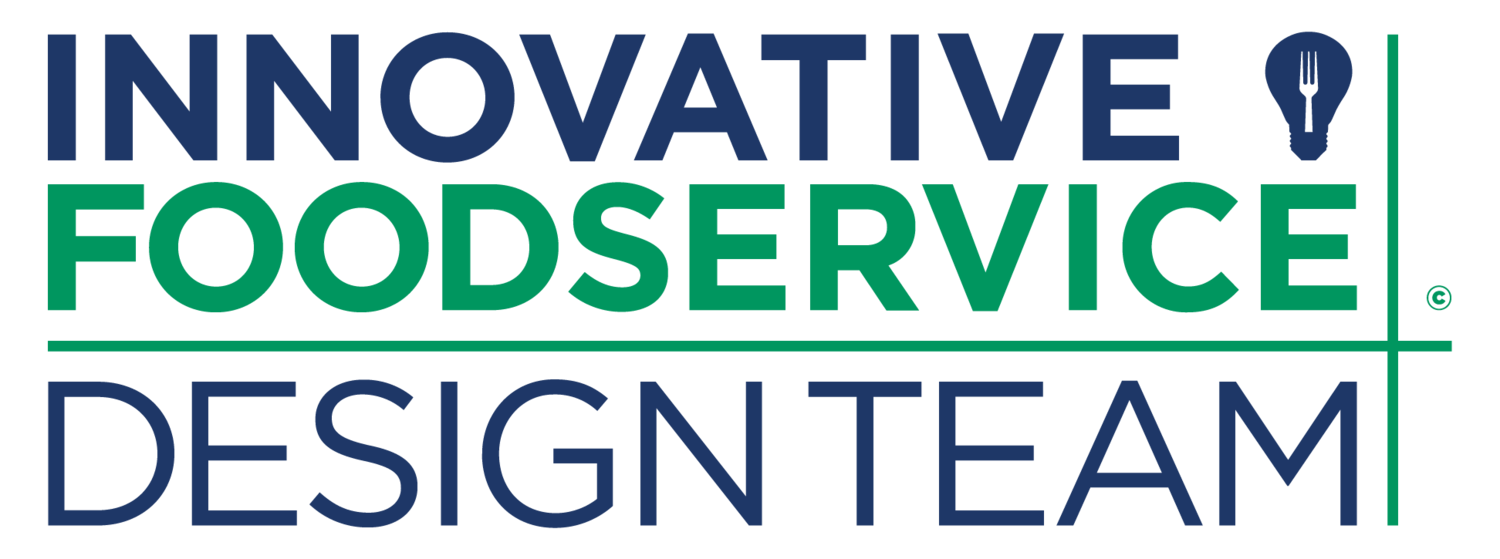From Prep to Plate: Essential Equipment for Opening a Restaurant
A practical, no-fluff guide for setting up your commercial kitchen right the first time.
Opening a restaurant is more than just perfecting a menu—it’s about building a kitchen that supports speed, safety, consistency, and scalability. Whether you’re opening your first bistro, a food truck, or a fast-casual concept, having the right equipment from day one can make or break your operation.
To help you launch smoothly and avoid costly mistakes, here’s a complete checklist of essential restaurant equipment—broken down from prep to plate.
1. Food Prep Equipment: The Foundation of Every Dish
Before anything hits the heat, it needs to be washed, cut, mixed, or marinated. Your prep station should be efficient, hygienic, and organized.
Must-Haves:
Work Tables – Stainless steel prep surfaces that are NSF-approved
Cutting Boards & Chef’s Knives – Color-coded boards and commercial knife sets
Food Processors & Mixers – For chopping, slicing, and mixing in bulk
Scales & Measuring Tools – For portion control and recipe accuracy
Ingredient Bins & Storage Containers – For dry goods and prepped items
2. Cooking Equipment: Where the Magic Happens
Your cooking line needs to be tailored to your menu, kitchen size, and expected volume. Invest in reliable, high-performance equipment to keep pace during rush hours.
Must-Haves:
Ranges & Ovens – Choose gas, electric, or combi ovens based on your setup
Griddles or Charbroilers – Great for burgers, breakfast, or grilled items
Fryers – From single-well to high-volume options
Microwaves – Ideal for reheating or low-prep items
Ventilation Systems – Ensure proper airflow and meet code requirements
3. Refrigeration & Cold Storage: Protecting Your Ingredients
Proper refrigeration not only preserves food quality but also ensures food safety and regulatory compliance.
Must-Haves:
Reach-In Refrigerators & Freezers – For bulk cold storage
Undercounter Units – For line access and space-saving
Prep Tables (Salad, Pizza, Sandwich) – Combine cold storage and workspace
Ice Machines – Essential for drinks, seafood, and cold prep
Walk-In Coolers/Freezers – Ideal for large operations
4. Sanitation & Dishwashing: Staying Clean & Compliant
Cleanliness isn’t optional—it’s a necessity. A proper warewashing station supports efficiency while helping you pass inspections with ease.
Must-Haves:
Three-Compartment Sinks – Often required by health departments
Commercial Dishwashers – Save time and ensure hygiene
Hand Sinks & Soap Dispensers – NSF-rated, strategically placed
Drying Racks & Drainboards – Organize washed items
Mops, Buckets & Sanitizing Solutions – For routine cleaning
5. Smallwares & Utensils: The Unsung Heroes
The little things matter. These are the tools your staff will use all day, every day.
Must-Haves:
Tongs, Spatulas, Whisks, and Ladles – Heat-resistant and commercial-grade
Pans & Hotel Pans – For prep, holding, and service
Timers & Thermometers – Ensure food safety and consistency
Storage Racks & Shelving – Keep everything within reach
Squeeze Bottles, Scoops & Plating Tools – For precision and presentation
6. Front of House (FOH) & Service Tools
From plating to serving, the final step of your kitchen workflow affects customer experience.
Must-Haves:
Hot Holding Cabinets or Heat Lamps – Keep food warm before serving
POS Systems – Speed up orders and streamline payment
Serving Dishes, Flatware & Glassware – Match your brand and concept
Bussing Carts & Tubs – For clearing and resetting tables efficiently
Bonus: Safety, Compliance, and Backup Supplies
Stay inspection-ready and protect your team with the right safety equipment.
First Aid Kits & Fire Extinguishers
Non-Slip Mats & Gloves
Exit Signs & Emergency Lights
Waste Bins & Grease Traps
Build Smart, Scale Fast
Starting a restaurant is a big investment, but planning your kitchen setup the right way sets the tone for long-term success. From prep to plate, choosing commercial-grade equipment ensures your team can work faster, safer, and with greater consistency.
